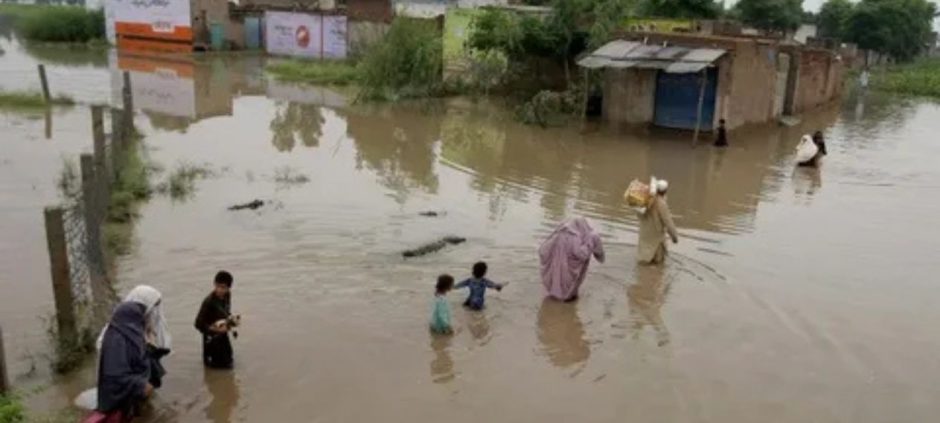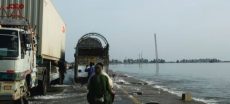Independence brings hope, but this week, Wazirabad has been gripped by a disaster that has displaced hundreds of families. The Wazirabad floods have submerged entire neighborhoods, forcing people to leave behind their homes, belongings, and livelihoods. Victims are still waiting for aid as rescue efforts continue.
Wazirabad floods bring devastation
According to local officials, heavy rainfall caused flash flooding that quickly overwhelmed residential areas. Families were evacuated in haste, many seeking shelter in schools and makeshift camps. For now, the majority of them remain without proper food, clean drinking water, or medical supplies.
The Wazirabad floods have exposed weaknesses in disaster preparedness and raised urgent questions about relief distribution. Community leaders are appealing for swift action, emphasizing that delayed aid could lead to a humanitarian crisis.
- Over 400 families are displaced in low-lying areas
- Dozens of homes are completely destroyed or badly damaged
- Livestock losses add to financial strain for villagers
- Schools are being used as temporary shelters
- Shortages of clean water and medical care are reported
Victims of Wazirabad floods await urgent help
Relief operations are underway, but residents say the response has been too slow. Many displaced families remain cut off in rural pockets, relying on neighbors for survival. Health workers have warned of possible waterborne diseases spreading if aid does not arrive quickly.
In the midst of this crisis, Prime Minister Shehbaz Sharif acknowledged international support, highlighting recent assistance extended by Turkey. He thanked President Erdogan for standing with Pakistan during flood emergencies, as reported here. Officials believe such international cooperation is vital to managing both immediate and long-term recovery efforts.
Looking ahead
The Wazirabad floods underline how climate change and unpredictable weather patterns continue to put vulnerable communities at risk. Experts stress the need for early warning systems, stronger embankments, and community-based disaster preparedness.
For now, the priority remains to deliver food, tents, and medical care to those stranded. Local authorities have pledged that assistance will reach every affected family, but victims continue to wait in uncertainty.
As appeals grow louder, the tragedy in Wazirabad stands as a reminder that disaster resilience and rapid relief are not optional; they are lifesaving necessities.











